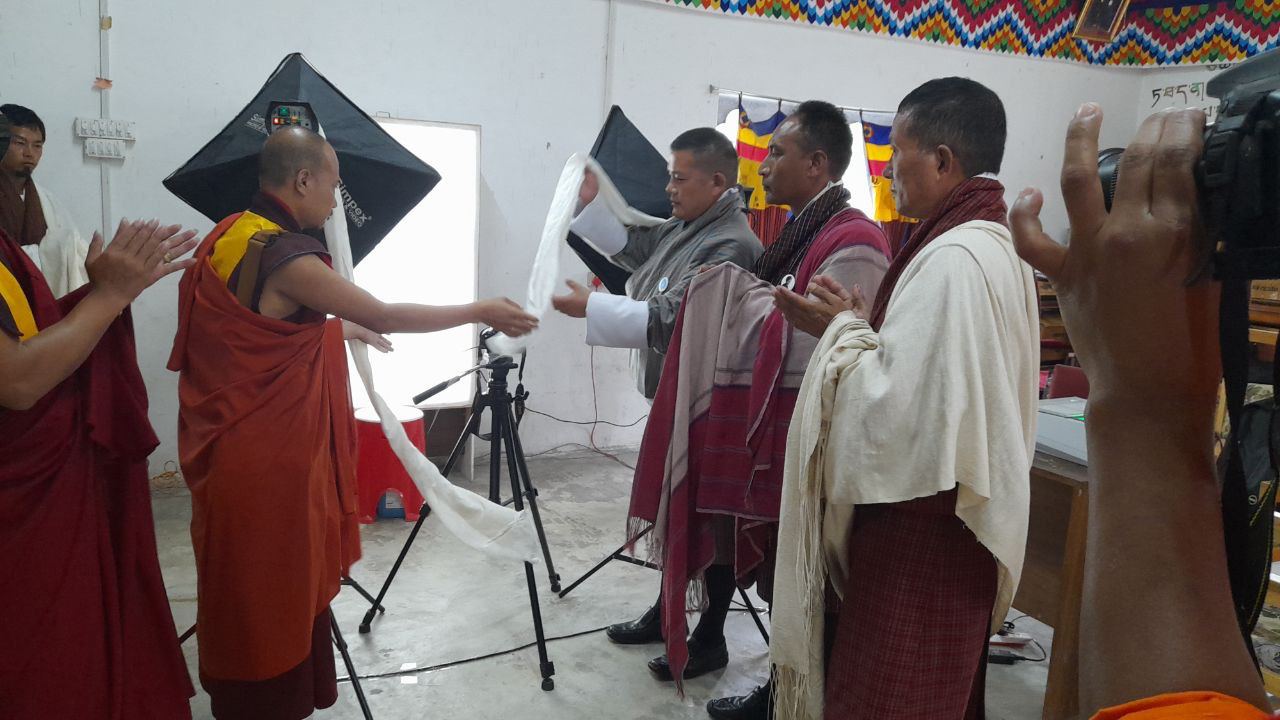
The Program for the implementation of biometric data for the National Digital Identity (NDI) Project under Sarpang Dzongkhag was inaugurated by Hon’ble Dasho Dzongda on 11th May 2022 at Jigmechholing Geowog coinciding with Zhabdrung Kuche.
Brief background
The NDI project is one of the main components of the Digital Drukyul Flagship Programme of the Royal Government, as envisioned by His Majesty the King. Currently, the Department of Information Technology and Telecom, Department of Civil Registration and Census, and De-Suung office are implementing the project.
Biometric data collection is the core of the National Digital Identity NDI project. The data including facial images, fingerprints, and palm scans will be collected from the Bhutanese citizens and Special Residence Card (SRC) holders. Once the enrollment is complete, these biometric data will be used for verification and authentication for the NDI project.
One of the main objectives of the NDI project is to enhance the online service delivery to General Public and minimize face-to-face interactions. With the introduction of the NDI project, most of the services provided by government agencies can be easily obtained online through digital platforms. The online services will become full-fledged and more secure as the identification and authentication become more efficient and effective through the use of multiple combinations of biometric information. It will also reduce the risk of identity theft which is possible with the present IT system.
The pilot phase of the project was started in Thimphu Dzongkhag in March 2021 collecting biometric data from more than 25,000 people with diverse backgrounds. Following that, a nationwide roll-out program was launched on 13th October 2021 at the Department of Civil Registration and Census, Thimphu coinciding with the Royal Wedding Anniversary of Their Majesty. Simultaneously, the program was started in 11 Dzongkhags namely Bumthang, Chukha, Gasa, Haa, Mongar, Pemagatshel, Punakha, Thimphu, Trashigang, Wangduephodrang, and Zhemgang. A total of 130 Desuups have been deployed for the project.